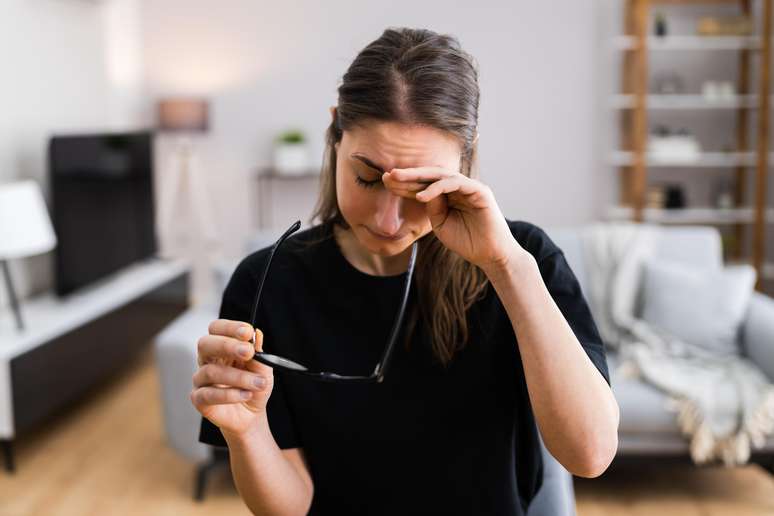The ophthalmologist explains why discomfort with the cold appears and how to prevent its symptoms
As winter approaches, many people begin to notice an increase in itchy eyes. This discomfort is a common problem during the colder, drier months of the year and can cause discomfort and even interfere with daily activities.
To explain this phenomenon and find relief from this discomfort, the Earth you Talk to Tiago César Pereira Ferreiraophthalmologist specializing in refractive surgery, cataracts, contact lenses and keratoconus.
Doctor says eyes tend to itch more during winter due to environmental and physiological factors. During this season the air tends to be drier, both due to the decrease in relative humidity and the frequent use of radiators in closed environments.
“This dry air contributes to more rapid evaporation of the tears covering the ocular surface, leading to a condition known as dry eye. The lack of adequate lubrication irritates the eyes and can cause an itchy sensation,” says the specialist.
Tears are essential for keeping the surface of the eye healthy and protected from irritants and infections. This decrease in air humidity can lead to the development or worsening of dry eye symptoms such as burning, redness, foreign body sensation and itchy eyes.
“People suffering from chronic diseases, such as Sjögren’s syndrome, may experience worsening of ocular symptoms due to this reduction in humidity,” the doctor points out.
The most common winter eye conditions that can cause itching include dry eye syndrome and allergic conjunctivitis.
Allergic conjunctivitis is an immune system response to environmental allergens, such as dust and dust mites, which are more prevalent indoors during the winter.
Both conditions are exacerbated by low humidity and can cause severe itching, as well as other symptoms such as redness and watery eyes.
How to prevent
- To prevent and treat itchy eyes during winter, your doctor recommends the following measures:
- Maintain air humidification in indoor environments;
- Avoid direct exposure to airflow from heaters;
- Wear protective glasses when going out on cold and windy days;
- Eye lubricants are effective options for relieving dryness and itching;
- Avoid contact with allergens and use anti-allergic eye drops.
“It is important to remember that when symptoms persist, a Request Consulting an ophthalmologist is essential for an accurate diagnosis and adequate therapy”, concludes the specialist.

6 reasons to do bodybuilding in winter
Source: Terra
Ben Stock is a lifestyle journalist and author at Gossipify. He writes about topics such as health, wellness, travel, food and home decor. He provides practical advice and inspiration to improve well-being, keeps readers up to date with latest lifestyle news and trends, known for his engaging writing style, in-depth analysis and unique perspectives.




-qxia4sk19vfn.jpg)



